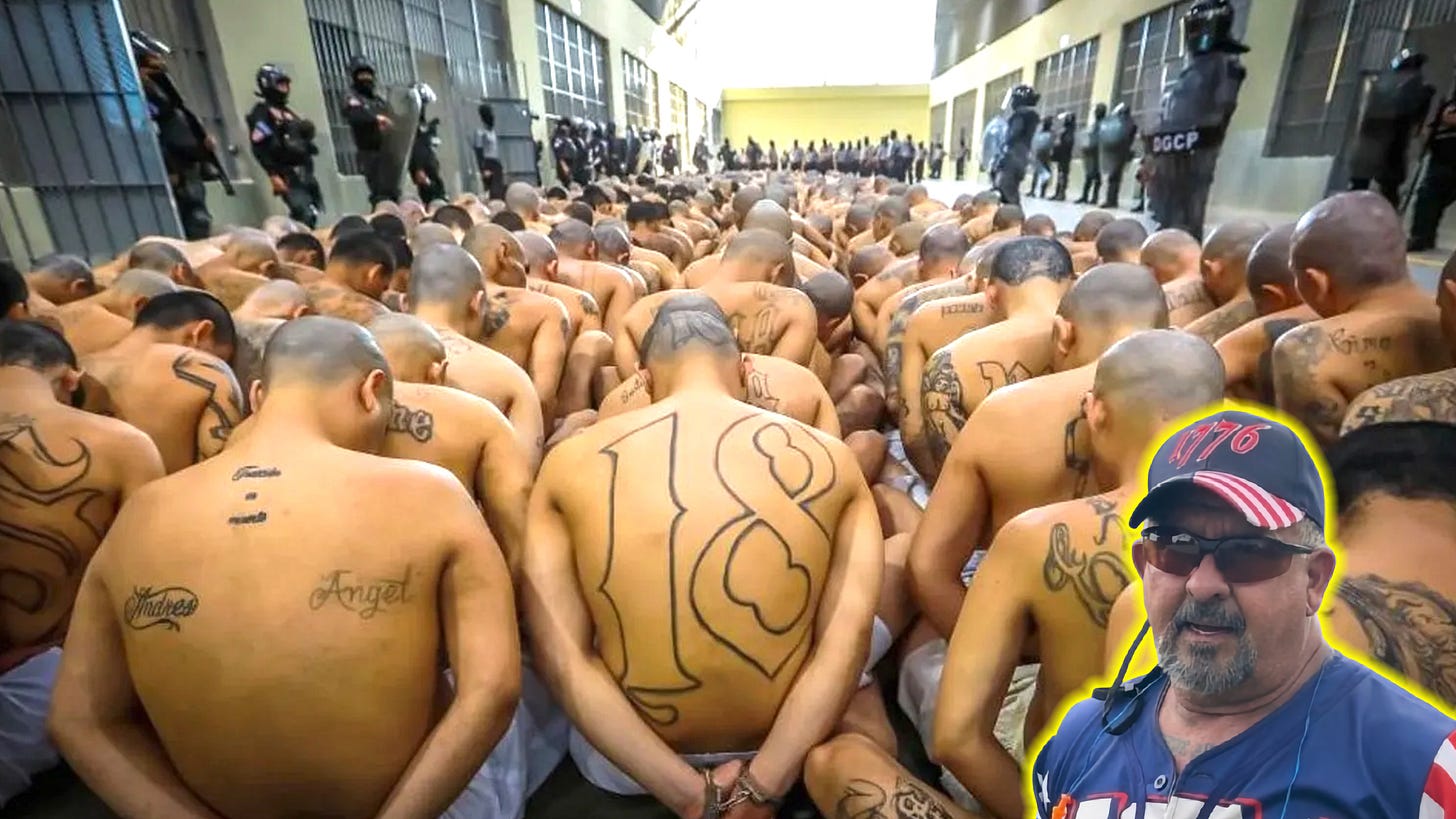Tren de Aragua: A Venezuelan Gang Destabilizing the United States?
A chilling revelation has emerged from Gary Berntsen, a former CIA officer and one of the most decorated intelligence veterans in recent U.S. history. Berntsen has confirmed that the Venezuelan criminal gang Tren de Aragua (TdA) has been deliberately deployed into the United States by the Venezuelan regime. According to Berntsen, this is no random migration of criminals but a calculated move with the explicit intent of destabilizing the U.S. through acts of sabotage and violence. This claim, if true, raises alarming questions about the nature of TdA’s presence in America and the appropriate response from U.S. authorities.
Some analysts and commentators are framing TdA’s activities as more than just organized crime—they see it as a military incursion. An article from *American Greatness* titled “Is Tren de Aragua a Military Incursion? You Bet!” argues that the gang’s operations align with a broader strategy of asymmetric warfare. Reports of TdA’s growing presence across the U.S., from New York City to Tennessee and even Chicago, lend credence to this perspective. The gang has been linked to a surge in violent crimes, including 800 incidents of robbery in NYC this year alone—up from 300 the previous year—often involving children recruited from migrant shelters. In one brazen incident, TdA members allegedly opened fire on a notorious block in Chicago, signaling their intent to dominate local criminal networks.
Adding fuel to the fire, Alex Jones recently cited an expert claiming that TdA gangs are being backed and funded by the Venezuelan government to serve as “next dimension warfare assets.” This suggests a hybrid threat: a criminal organization acting as an irregular paramilitary arm of a hostile foreign state.
Legal Battles and Political Controversy
The Trump administration’s efforts to address this threat have hit judicial roadblocks. An Obama-appointed judge, James Boasberg, ruled that former President Donald Trump cannot invoke the Alien Enemies Act against TdA because the gang is not officially part of the Venezuelan government. Critics argue this ruling ignores the gang’s alleged ties to the regime. Some, like the X user @amuse, propose a bolder approach: Trump should invoke the War Powers Act, notify Congress of military action against Venezuela (and by extension TdA), and reinstate the Alien Enemies Act, giving Congress 90 days to formally declare war on the gang.
Meanwhile, the American Civil Liberties Union (ACLU) has stepped in to defend deported TdA and MS-13 members, offering a range of justifications. Their arguments include claims that some gang members were persecuted LGBTQ activists with a “gang tattoo fetish,” tattoo enthusiasts uninvolved in crime, or reformed criminals who “found Christ” en route to the U.S. These defenses have been met with skepticism, with commentators like @joma_gc dismissing them as unconvincing.
The controversy extends to questions of judicial overreach. Jay Townsend, a former U.S. Attorney, has questioned whether Judge Boasberg even had the authority to order the Trump administration to keep Venezuelans in the U.S., and whether the administration defied such an order. A *Revolver News* piece asserts that “the truth just got exposed,” leaving Boasberg’s ruling under intense scrutiny.
TdA’s Expanding Footprint
Evidence of TdA’s operations continues to mount. The NYPD has confirmed the gang is establishing a foothold in New York, while reports indicate it is now active in “every city in Tennessee.” In NYC, judges have repeatedly released TdA members despite their involvement in violent crimes, exacerbating the problem. The gang’s recruitment of migrant children for robberies and its audacious attacks, like the Chicago shooting, underscore its ruthless ambition.
A Question of Law and Sovereignty
Under U.S. law, no trial is required for deportation if an individual violates their visa—a point emphasized by *The Gateway Pundit*. Yet the legal battles and judicial rulings complicate efforts to remove TdA members. For many, the issue transcends immigration policy and touches on national security. As @Shawn_Farash asked on X, “Imagine being upset that someone like this is being deported.” The sentiment reflects growing frustration with what some see as leniency toward a dangerous threat.
Conclusion
The allegations surrounding Tren de Aragua paint a disturbing picture: a Venezuelan-backed gang infiltrating the U.S. to sow chaos, shielded by legal loopholes and ideological debates. Whether it’s a military incursion or an unprecedented crime wave, TdA’s presence demands a robust response. As Gary Berntsen’s bombshell revelation reverberates, the question remains: will the U.S. treat this as a law enforcement issue—or an act of war?



